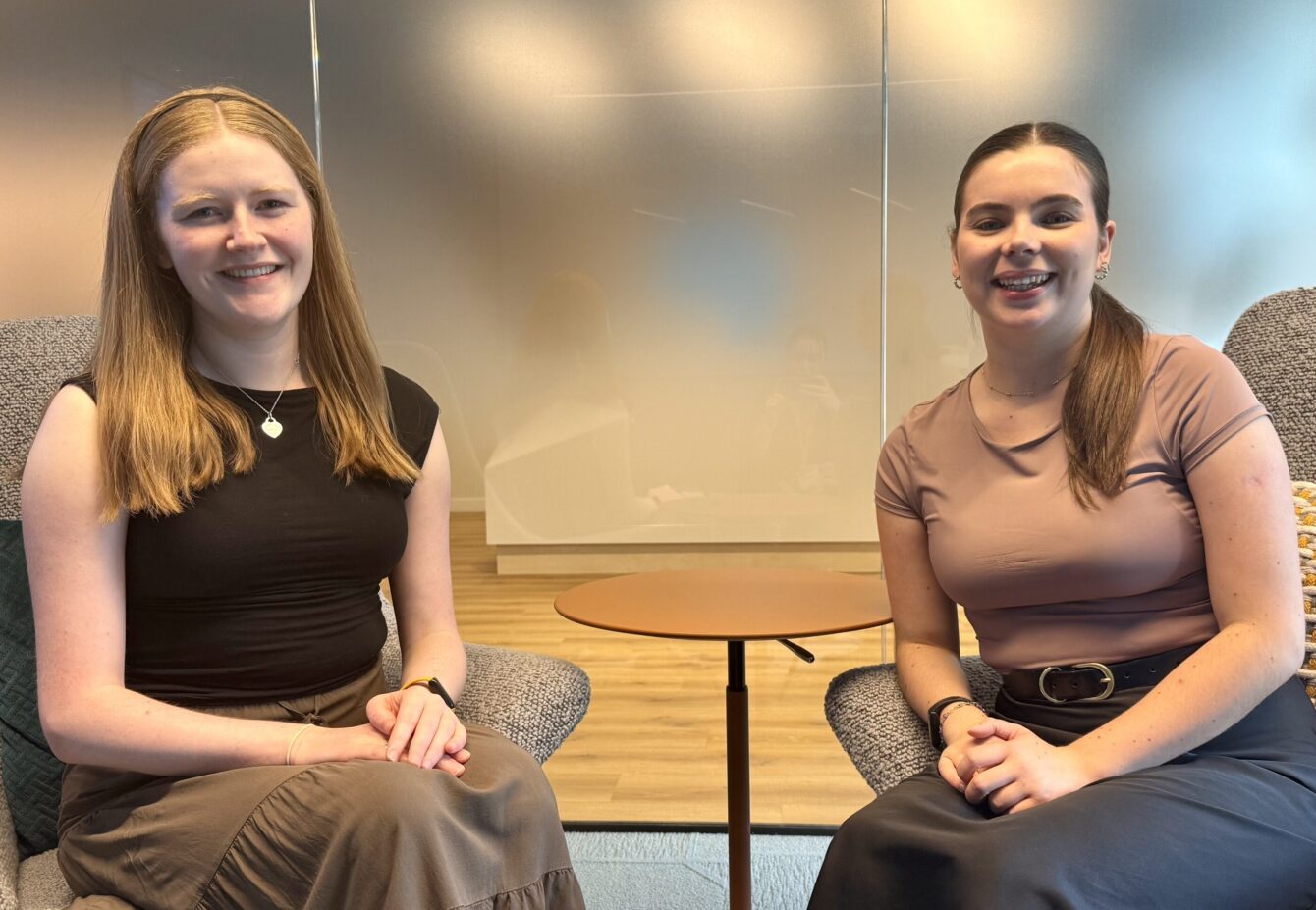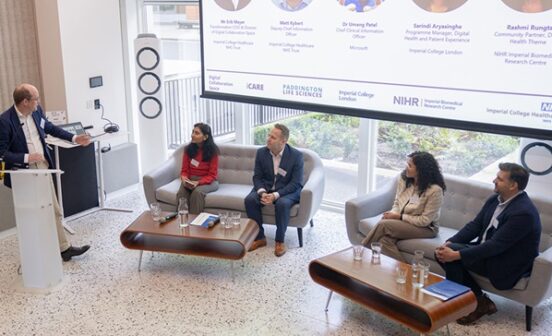InterviewTraining NHS Trainees Highlight Takeaways from Imperial’s Digital Health Programme

Students reflect on how data, innovation and leadership will shape their future roles in the NHS.
Following Imperial’s Health Policy Summer School, graduate trainees on the NHS Graduate Management Training Scheme (GMTS) have shared their takeaways from the three-day programme, which explored how data and digital innovation can drive transformation across the NHS.
The summer school, delivered in partnership with iCARE Digital Collaboration Space and industry leaders from the Paddington Life Sciences innovation cluster, offered participants rare insights into how technology and collaboration are reshaping healthcare. Building on the themes reported in an earlier article, these reflections offer a closer examination of the perspectives of future NHS leaders.
Rachel Poulter, a policy and strategy trainee currently working in the strategy team at Great Ormond Street Hospital, said the summer school underscored the importance of making change meaningful for staff. “In healthcare, it is possible for strategies to end up as long documents that are inaccessible to staff and patients. I want to ensure the strategies I help create are relevant to staff, reflect their expertise and support them in delivering care,” she said.
Laura Temple, also a policy and strategy trainee and service manager for endometriosis services at University College London Hospital, reflected on how the programme reshaped her view of technology. “Seeing examples of large-scale data and tech projects has made me more optimistic about digital change. It reminded me that although change can be daunting, leaders have a role in helping their teams embrace it and see the benefits,” she explained.
The programme included visits to companies across Paddington Life Sciences, such as Microsoft, Snowflake and IQVIA, which demonstrated how industry partners and the NHS can work together to deliver innovation. Temple found the Microsoft session particularly inspiring. “Hearing from a clinician working at Microsoft highlighted how careers do not have to follow a straight path. It showed there are ways to combine different skills and pivot between healthcare and technology while making a real impact,” she said.
Poulter was struck by an analogy shared during a workshop at Optum. “They described NHS transformation as sailing a ship while still building it. That image has stayed with me. It captures the challenge of delivering care while managing change and feels very relevant to my current role,” she said.
Both trainees reflected on how the summer school had strengthened their understanding of data and its role in leadership. “Data-driven decisions should not just be the domain of analysts. Leaders need a basic understanding to guide teams and make informed choices,” Temple added.
Looking ahead, they expressed cautious optimism about the future of healthcare leadership. “Innovation is happening at such speed that we cannot predict what roles will exist in 10 or 20 years,” said Temple. “But we will need leaders who understand data and can help shape those changes.”
For Poulter, the summer school provided a reminder that leadership is about more than strategy. “It is about bringing people with you on the journey, building trust, and making sure change works for patients and staff,” she said.





